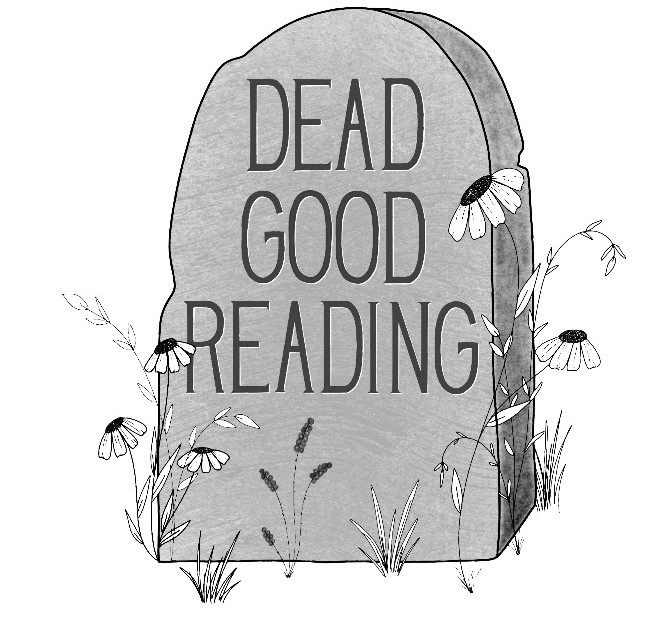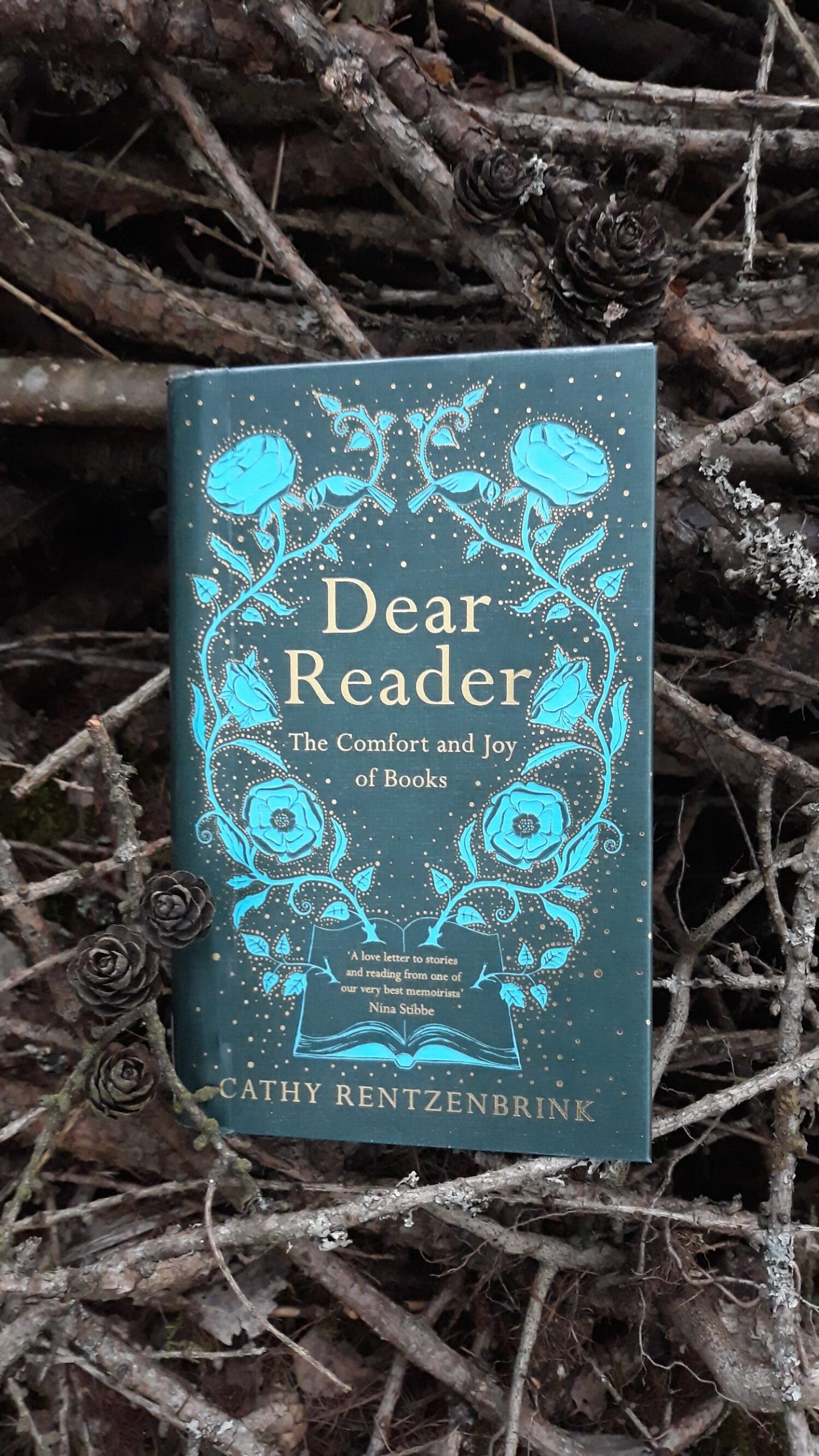I mentioned before that I love reading books. Then I started reading Cathy Rentzenbrink’s book Dear Reader. The Comfort and Joy of Books, and now I am not so sure, because, boy, does she love books! Using books as a red thread, Rentzenbrink weaves her life story from childhood to adulthood together, highlighting the books that shaped, comforted and consoled her along the way.
And I can hear you think: what does this book then do on a blog focused on books on death and dying? Well, a major life event that occurred in her teenage years. Rentzenbrink’s older brother was hit by a car and remained in a vegetative state for eight years before dying. In this long anticipatory grieving process Rentzenbrink found comfort and joy in many fictional worlds.
“There wasn’t a specific book that helped me survive that time; it was more the act of reading itself that became a life raft, allowing me to stay afloat and keep my head above the water. Often people can be a little snooty at the idea of books as a form of escapism, but I believe this is one of the great powers of literature: to comfort, to console, to allow a tiny oasis of- not exactly pleasure, but perhaps we could think of it as respite, when we feel we might otherwise drown in a sea of pain”
— Dear Reader: page 64
Books can offer support and comfort, but they can also reveal things about your own life, you were not even aware of. My favourite example is Rentzenbrink reading the Colour of Heaven, by James Runcie, where a character asks whose voice they would want to be hearing if they were dying. Rentzenbrink notes that this made her realise that that definitely wasn’t the man she was currently seeing, and she broke things off with him. Reading books is thus a dangerous game with potentially strong implications for your daily life!
Rentzenbrink shows how books provide insight into lives you will never lead. Dear Reader gave me the opportunity to live the life of a book seller, including a book store romance, vicariously through her words. Said romance is with a Dutch gentleman which she notes in the book, but which I already researched a few pages into the book as ‘Rentzenbrink’ made my ‘Is she a fellow Dutch person?’ alarm go off.
The death of a sibling can have long-lasting affects on one’s life. Similar to Rose Yavneh-Taylor’s experience of losing her father in young adulthood, Rentzenbrink found it difficult to share the loss of her brother and to relate to her peers:
“One of the problems in real life was that no one my age seemed to know much about suffering. I felt cut off from my contemporaries with their chats of exams and gap years and misbehaving boyfriends whilst I was sitting next to my brother in hospital struggling with the realization that he was never going to get better”
— Dear Reader: page 66
While the death of Rentzenbrink’s brother bubbles underneath the surface, the majority of the book is not a reflection on this loss, but an ode to books. I think of all her books Dear Reader is the least deathy one.
““What’s your first book about?”
”It’s about the death of my brother”
”What’s your other book about?”
”It’s about grief and loss more generally””
— Dear Reader page 192
Many of the books I write about on this blog, including Dear Reader, are borrowed from the Helsinki Metropolitan Library system (Helmet) and as Rentzenbrink celebrates books, I wish to celebrate public libraries. I can request every single book available in ALL the libraries in the entire Helsinki region. For FREE. Yes, I had to wait six months for Dear Reader to come my way, but when I return this copy someone else can enjoy this work. As much as I love owning books, I do think this system of circulating books is much better than a book acquiring dust on my shelf after one reading. I am currently on the waiting list for a Manual for Heartache (the one about grief and loss more generally), and am hoping they will add the Last act of Love (which is about the death of her brother) to their collection, but may well buy my own copy (or accept a complimentary copy from the publisher hint hint).
Large chunks of the book are akin the book recommendation notes she used to write as a book seller, and I have definitely added some titles to my to-be-read list, including Moon Tiger by Penelope Lively. I have also learned that publishers sent ‘proofs’, a version of a book before it’s published, to reviewers, and this is something I would absolutely want to learn more about!
In sum, Dear Reader is one big love letter to books and reading. Rentzenbrink shows how books can be used as a support system, an escape, and provide guidance into every aspect of human life including dying and death.


Leave a Reply